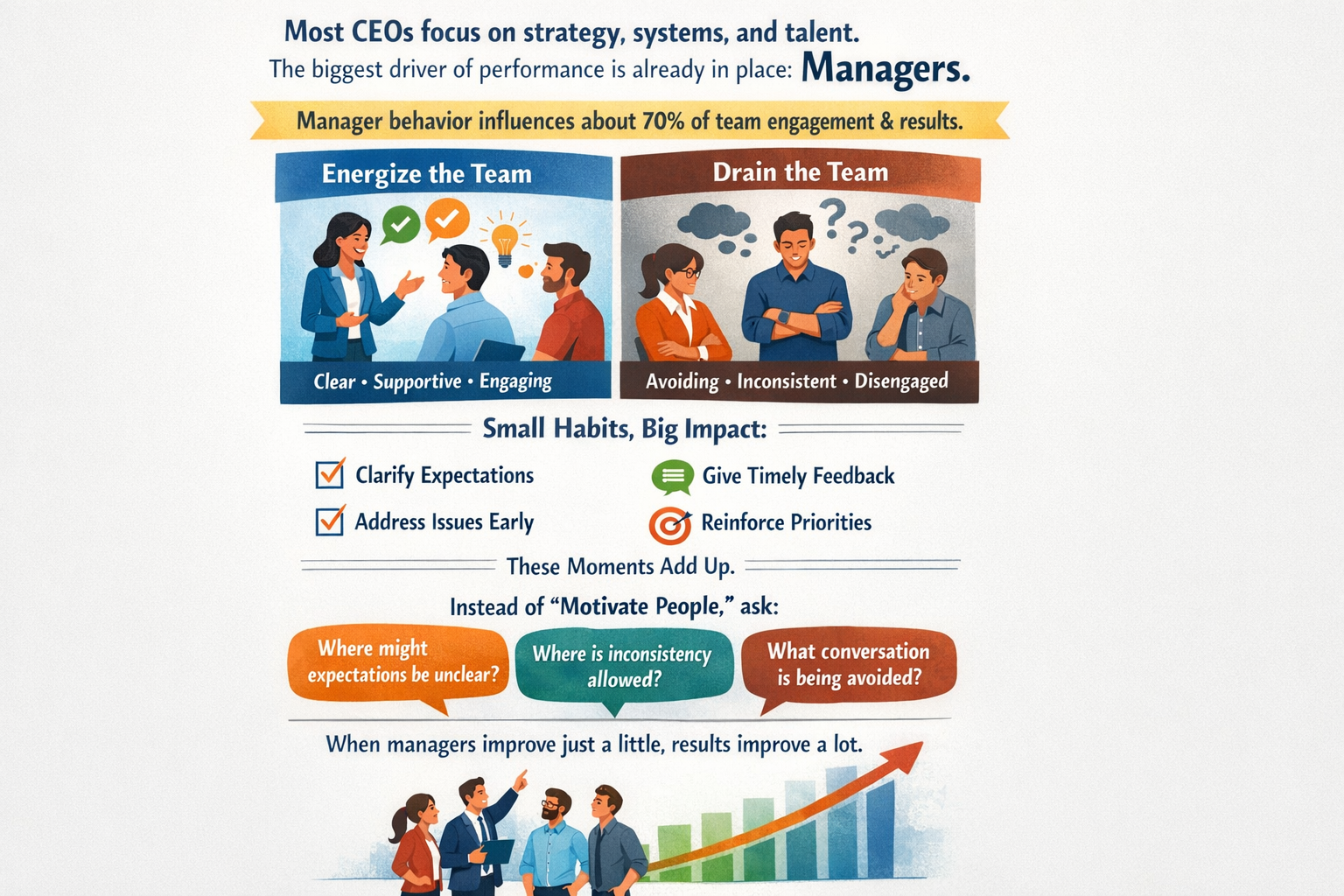Disagreement - A Sign of a Healthy Team

“Conflict is the natural result of talented, driven people bumping into one another,” says Todd Henry.
When we think about how to achieve our goals and overcome our obstacles, we usually come up with great ideas that could work for us. Our teammates, however, are different people with different experiences, personalities, and strengths which position them to suggest different approaches.
Many leaders and team members are proud to declare that they don’t have any conflicts or disagreements at work. However, this isn’t really something to be proud of. It is a sign that the workplace may not be an emotionally safe place to share one’s ideas or the team members aren’t independent thinkers.
Here are a few common unhealthy realities in organizations that don’t experience conflict.
- There is no accountability to achieving priorities, so there is no push for quality work.
- Nobody cares about the mission of the organization, so there is no passion about how the work gets done.
- Leaders hire improperly so employees often lack the competence to have independent ideas or the confidence to share them.
In an emotionally safe environment with right-fit hires and right-seat assignments, team members often share diverse ideas. This can frequently lead to discord. Here are some tips for managing the discord in a healthy, respectful manner.
- Argue over ideas, not people or personalities. Keep your conversation focused on the topic at hand, not on perceived characteristics of the people involved.
- Make sure you are clear what the conflict is – that you are talking about the same primary issue.
- Look for the good points in each other’s perspectives. Listen to each other and ask questions to fully understand where they are coming from. Find common ground before addressing your differences.
What is one aspect of healthy conflict management that you can implement in your workplace?


